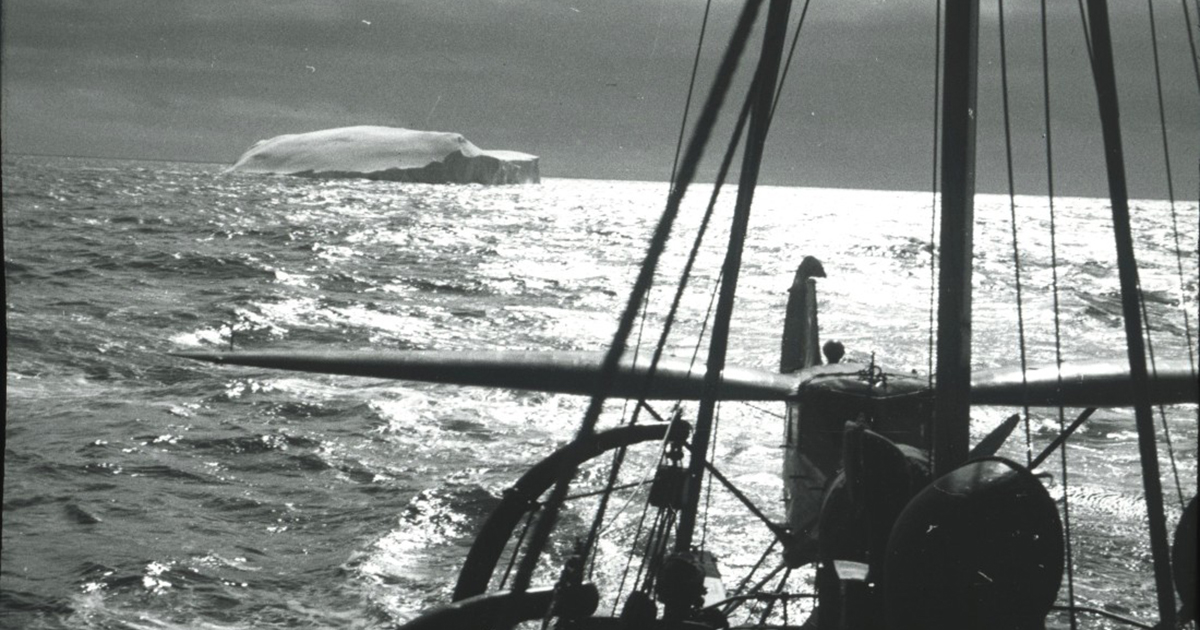Higher temperatures, extreme weather, melting glaciers, and rising sea levels—all indicators that the climate and the world's ice masses are in a critical state. However, a new study from the Department of Geosciences and Natural Resource Management at the University of Copenhagen offers a local bright spot.
Using hundreds of old aerial photographs dating back to 1937, combined with modern computer technology, the researchers have tracked the evolution of glaciers in East Antarctica. The area covers approximately 2,000 kilometers of coastline and contains as much ice as the entire Greenland Ice Sheet.
By comparing the historical aerial photos with modern satellite data, the researchers have been able to determine whether the glaciers have retreated or advanced and whether they have thickened or thinned. The study reveals that the ice has not only remained stable but grown slightly over the last 85 years, partly due to increasing snowfall.
“We constantly hear about climate change and new melt records, so it's refreshing to observe an area of glaciers that has remained stable for almost a century,” says Ph.D. student Mads Dømgaard, the study’s first author.
However, the researcher emphasizes that the study also shows the first signs of changes in the sea ice off the glacier. This could mean that the stable East Antarctic glaciers might shrink in the future.
“Our results also indicate weakening sea ice conditions, making the glaciers’ floating ice tongues more vulnerable and unable to grow as large as seen in the early aerial images from 1937. We know from other parts of Antarctica that the ocean plays an extremely important role and drives the massive and increasing melt we see in (e.g., West Antarctica),” adds Mads Dømgaard.



